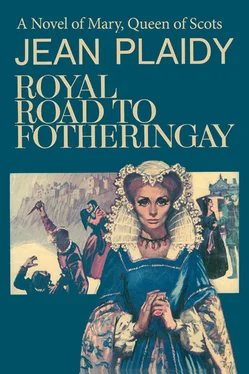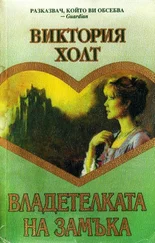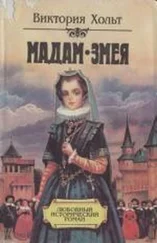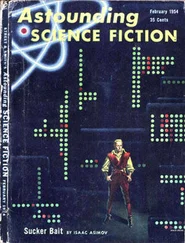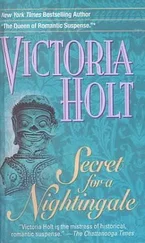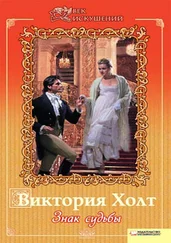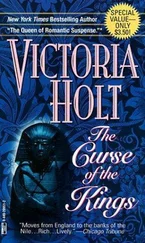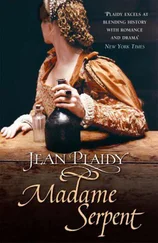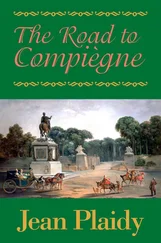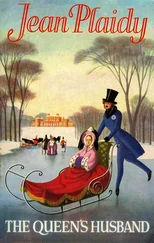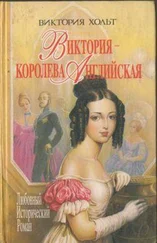Jean Plaidy
Royal Road to Fotheringhay
It is probable that no historical character has ever aroused more ardent supporters or more fierce detractors than has Mary Stuart. Strangely enough these admirers and detractors extol or defame irrespective of their religious faith. This is most unusual and is no doubt due to the fact that, in contrast with the disputes which almost always involved those who lived in the sixteenth century, those which concern Mary are not, in the main, about religion. The questions so fiercely debated in Mary Stuarts case are: Did she write the Casket Letters? Was she a willing partner in her abduction and rape? Was she a murderess?
My research for Royal Road to Fotheringhay led me to discover a Mary who was sometimes quick-tempered, sometimes gentle, always charming, tolerant and warm-hearted; but because I have been unable to exonerate her from implication in the murder of Darnley I want to stress that when assessing Mary we must not weigh her deeds and behavior by present-day standards. She lived in an age when life was cheap and cruelty part of daily existence. Many men and women of the past who were considered during their day as patterns of virtue would receive a very different verdict if they had lived today. For example: Michelet says that Gaspard de Coligny was the most ennobling character of his times; yet the discipline he imposed on the battlefield would be called cruelty today, and it is by no means certain that he was guiltless of the murder of François de Guise. It is very necessary to remember this when considering the part Mary played in luring her husband to the house in Kirk-o’-Field. In her generation she was kinder and more tolerant than most of the people around her; but she herself faced death more than once, and in the sixteenth century, the elimination of human obstacles was not deemed a crime of such magnitude as it is today.
Other questions asked are: How could a woman, having lived as virtuously as she had (even Brantôme had no scandalous gossip to record of Mary) suddenly indulge in an adulterous passion, and take part in the murder of the husband who stood between her and her lover? How could she, beautiful and cultured, suddenly become the slave of Bothwell, the uncouth ruffian from the Border?
I have sought explanations by posing questions of my own. Mary was not healthy and her pictures do not support all we hear of those outstanding attractions; so what was the secret of that immense physical charm which she undoubtedly possessed? I believe it was largely due to an extremely passionate nature which was but half awakened when she met Darnley and not fully so until it was recognized by that man—so experienced in amatory adventures—the virile Bothwell. I believe that dormant sensuality to have been the secret of her appeal. And why was it so long in coming to fruition? I think I have found the answer in Mary’s relationship with the Cardinal of Lorraine, that past master in all things sensual, whose closeness to Mary would have given him every chance to understand her; and, being the knowledgeable man he was, he could not fail to do this. The scandal—the origin of which was traced to Bothwell—that Mary was the Cardinal’s mistress, cannot have been justified; yet theirs was no ordinary relationship, and I am of the opinion that it was the reason why the passions of such a passionate woman were so long dormant.
The Casket Letters and the poems are perhaps the most discussed documents in British history. If they were actually written by Mary, there can be no doubt of her guilt. But are they forgeries? It is impossible to answer yes or no, for the mystery of the Casket Letters has never been solved. It seems clear that some of the poems could have been written by no other hand than Mary’s, and it is equally clear that some parts of the letters could never have been her composition. (I refer in particular to the crude reference to Darnley in Letter No. 2, the most incriminating of all the Casket documents.) Yet might it not be that the letters were in some part forgeries, in others Mary’s actual writings? Because a part is false it does not follow that the whole is. Who else could have written those revealing poems? Who among the Scots was sufficiently skilled in the French language? Maitland of Lethington? He was a cunning statesman, but was he a poet?
Mary was raped by Bothwell. Those who would proclaim her an angel of virtue are ready to concede that. An important question is: When did the rape occur? Was it in the Exchequer House or later at Dunbar after the abduction? Was Mary herself in the plot to abduct her? If so, she and Both-well must have been in love before the staging of that extraordinary affair, and it is more than likely that the rape took place at the Exchequer House. Buchanan’s ribald account is clearly exaggerated. The story of Lady Reres being lowered into the garden in order to bring Bothwell from his wife’s bed to that of the Queen might have been written by Boccaccio and is too crude to be believed; but Mary was at the Exchequer House, and Bothwell’s servant did live next door. Why should not Buchanan’s story be founded on truth?
I have discarded, selected and fitted my material together with the utmost care and I hope I have made a plausible and convincing picture of Mary, the people who surrounded her, and the circumstances which made Fotheringhay the inevitable end of her royal road.
I have studied many works and am indebted in particular to the following:
History of France. M. Guizot.
History of England. William Hickman Smith Aubrey.
British History. John Wade.
Henri II . H. Noel Williams.
Feudal Castles of France. Anon.
Lives of the Queens of Scotland and English Princesses
(Vols. III, IV, V, VI, VII). Agnes Strickland.
Letters of Mary Queen of Scots (Vols. I and II),
with Historical Introduction and Notes by Agnes Strickland.
The Scottish Queen. Herbert Gorman.
The Love Affairs of Mary Queen of Scots. Martin Hume.
The Queen of Scots. Stefan Zweig.
John Knox and the Reformation. Andrew Lang.
The Life of John Knox. George R. Preedy.
Lord Bothwell. Robert Gore-Brown.
J.P.
THROUGH THE GREAT ROOMS OF THE CASTLE OF STIRLING five little girls were playing hide-and-seek. They were all in their fifth year and all named Mary.
She, whose turn it was to seek, stood against the tapestry, her eyes tightly shut, listening to the echo of running feet, counting softly under her breath: “Ten… eleven… twelve …”
It was fair now to open her eyes, for they would all be out of sight. She would count up to twenty and then begin to search. Livy would give herself away by her giggling laughter. She always did. Flem would betray herself because she wished to please and thought it wrong that her beloved Mary should not succeed immediately in everything she undertook. Beaton, the practical one, and Seton, the quiet one, would not be so easy.
“Fifteen… sixteen …”
She looked up at the silken hangings. They were soft and beautiful because they came from France. Her mother spoke often of France—that fairest of lands. Whenever her mother spoke of France a tenderness came into her voice. In France there was no mist, it seemed, and no rain; French flowers were more beautiful than Scottish flowers; and all the men were handsome.
In France Mary had a grandfather, a grandmother and six uncles. There were some aunts too but they were not so important. The uncles were all handsome giants who could do anything they wished. “One day,” her mother often said, “you may see them. I want them not to be ashamed of you.”
Читать дальше
